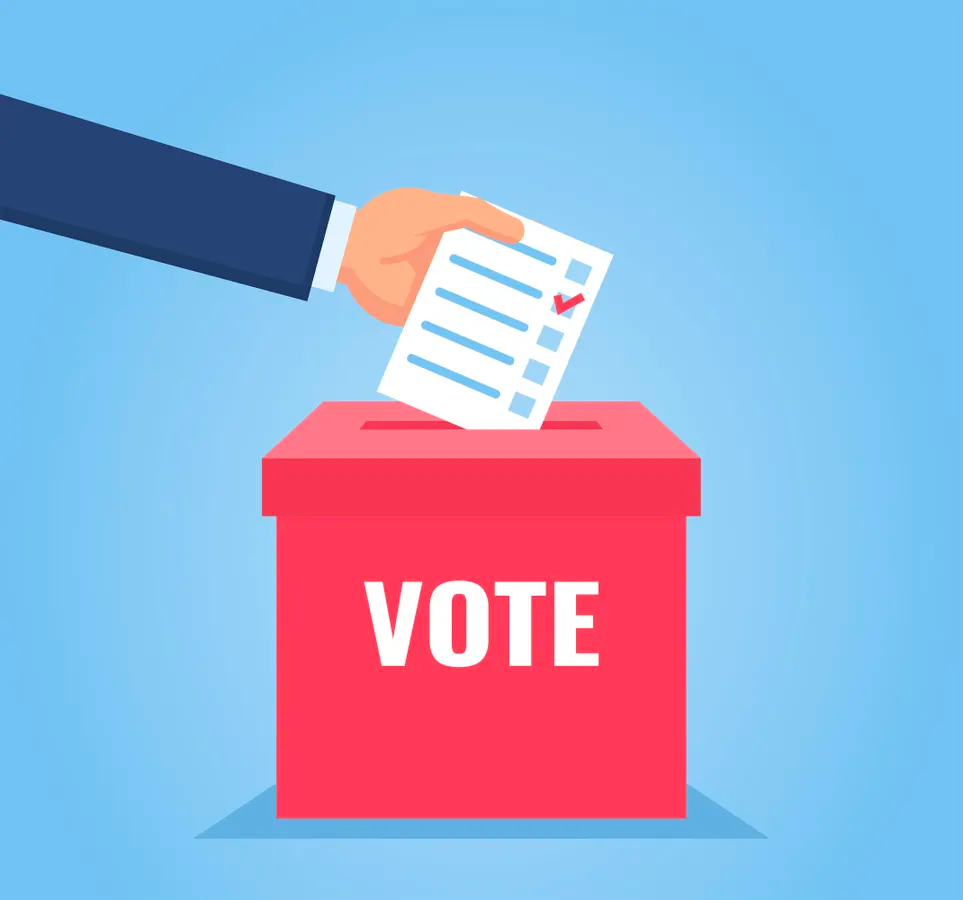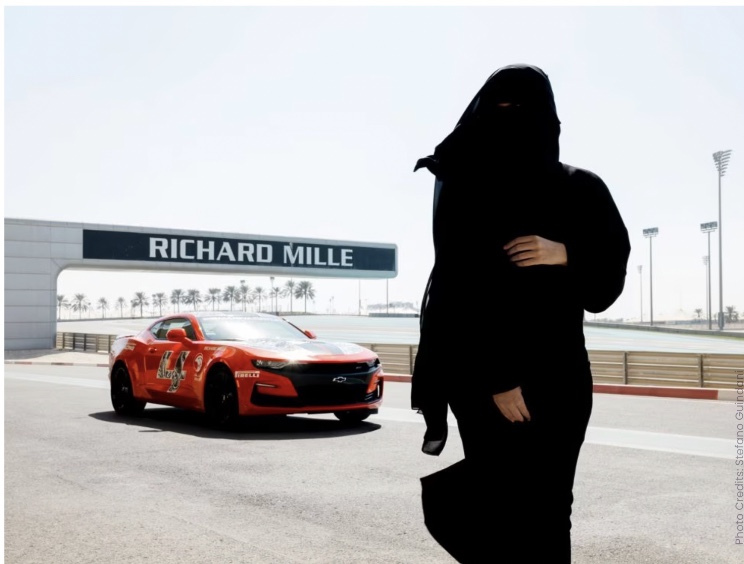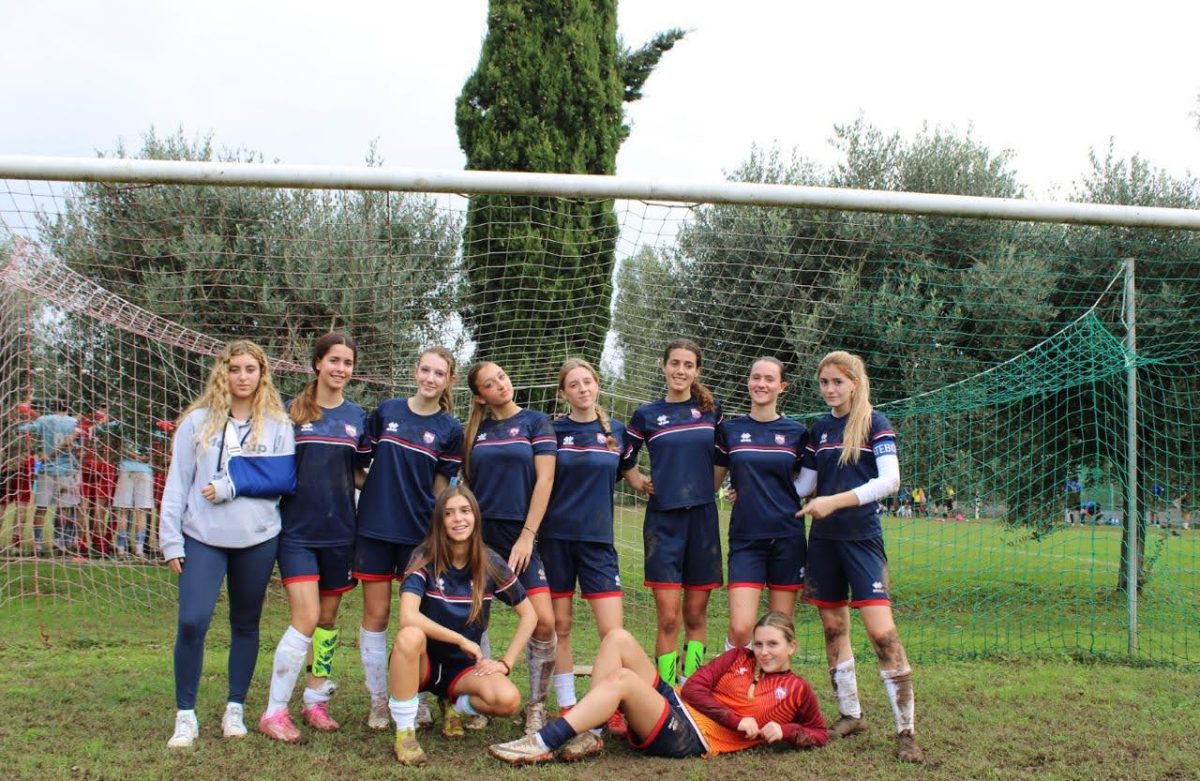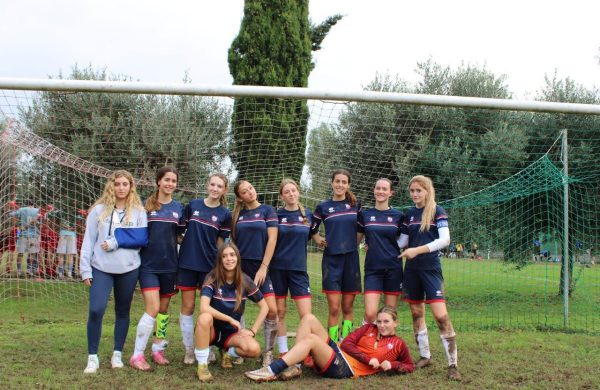World Cup Controversy
The World Cup is one of the most prestigious association football tournaments in the world and is currently being played in Qatar. Yet there has been some recent controversy regarding the rules about the fans and players’ clothing accessories that have shown support for LGBTQ+ and women’s rights.
Several countries playing in the world cup have been banned from wearing a “one-love” rainbow armband at this year’s World Cup. They were told that by wearing these armbands they would face sanctions and reparations for their actions by the football’s governing body. Germany retaliated, saying that by wearing these bands they were setting values that they believe in as a national team. After it was banned Germany decided to stand up for what they believed in by covering their mouths for their picture during the Germany vs Japan game this year. This photo has gone viral around the world and has raised issues about inclusivity.
This has not only been happening on the field but also in the stands where multiple fans and spectators have been told to remove their LGBTQ+ supportive clothing. One spectator states that he was ordered to remove his LGBTQ+ shirt to enter the stadium. When he refused, he was not allowed to enter. This has happened on multiple occasions to the press, fans and players.
This all stems from Qatar’s Human Rights Record and laws, where homosexuality is illegal. Qatar’s humans rights record in light of the game has been distressing. Not only have people been banned for expressing support for LGBTQ+ and woman’s rights but also a recent report has shown that around 6,500 migrant workers died while building the infrastructure and stadiums for the world cup. Penalties for expressing support can be imprisonment, or sometimes even death.
Many people want to stand up for what they believe in at the World Cup, to show support and raise awareness of the unfairness regarding the laws in Qatar surrounding Human rights. People around the world are hoping for justice in Qatar and for people to be accepted for who they are and what they believe in and to be able to express their opinions and values.
































